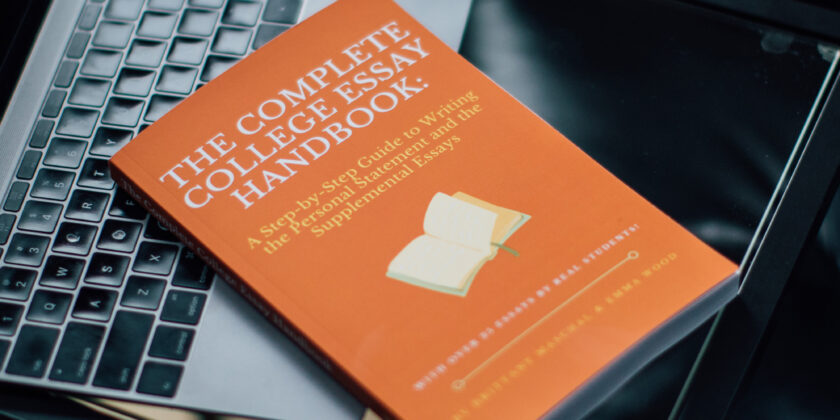Are You Putting Too Much Pressure on Your Child During the College Admission Process?
Intense achievement pressure, particularly in affluent communities, can generate high levels of stress, anxiety, and/or depression in young people. We are sharing this from MCC, and hope you give it a read!
The questions and short quiz created by the team at Making Caring Common can help parents and caregivers (and even counselors like us!) be alert to red flags that they may be putting too much pressure on their student in the college admissions process.
College Admissions Red Flags: Quiz and questions for consideration
-
During dinner conversations, do you often talk about your child’s grades and college applications, forgetting to ask your child what they find interesting and fun about school?
-
When you meet with or contact your child’s teacher, do you ask primarily about grades and test scores? Do grades and test scores tend to crowd out discussions of whether your child seems to be enjoying school, is a good friend to others, and contributes to the classroom?
-
Do you email or call your child’s teacher about assignments or grades more than once a month, even when your child is not having any problems (e.g., trouble completing homework, absence due to illness, etc.)?
-
Does your child sometimes not eat or sleep well because he or she is worried about not performing at a high level in school?
-
Do you press your child to take certain courses or participate in extracurricular activities in which they have little interest, or which are stressful for them, for the sake of college applications?
-
Do you encourage your child to do certain community service projects that they are not interested in because you think these projects will be helpful for their college application?
-
Do you sometimes allow your child to exaggerate or lie about the extent of their community service because it will help them get into a selective college?
-
Do you ever encourage your child to apply to selective high schools or colleges based on prestige or commercial rankings, such as the U.S. News & World Report ranking, without considering whether the school is a good fit for your child’s personality and interests?
-
Do you ever see your child’s peers as competition in the college application process—for example, telling your child not to let others know where they are applying to college because others might apply to the same school and hurt your child’s chances of getting into the same college?
-
Do you sometimes pressure your child to engage in substantial college preparation while they are on vacation (e.g., intensively studying vocabulary cards or math problems), instead of ensuring that they have ample time to relax or play?
-
Did you or do you plan to hire an SAT/ACT tutor or have your child take an SAT/ACT preparatory course before junior year of high school?
-
When you visit colleges with your child, do you sometimes ask more questions than your child does on the tour or at the info session?
-
If your child was not accepted at a selective high school or college, would you be embarrassed? Would it affect your self-esteem?
-
If your child received a bad grade on a test or assignment, would you feel responsible or like a failure?
-
Do you primarily visit and talk about highly selective colleges with your child, rather than a wide variety of colleges, including less-selective ones?
-
Do you frequently think about whether your child is performing at a high level or will be accepted at a high-status college?
If you answered “yes” to any of these questions, it may be time to take a look at the messages you may be inadvertently sending your child, and to talk with those you respect and trust about how you might reduce college admission pressure. Learn more about our Turning the Tide Initiative and use our tips for dialing down achievement pressure and raising caring kids.
*Stay in the know! Subscribe*









